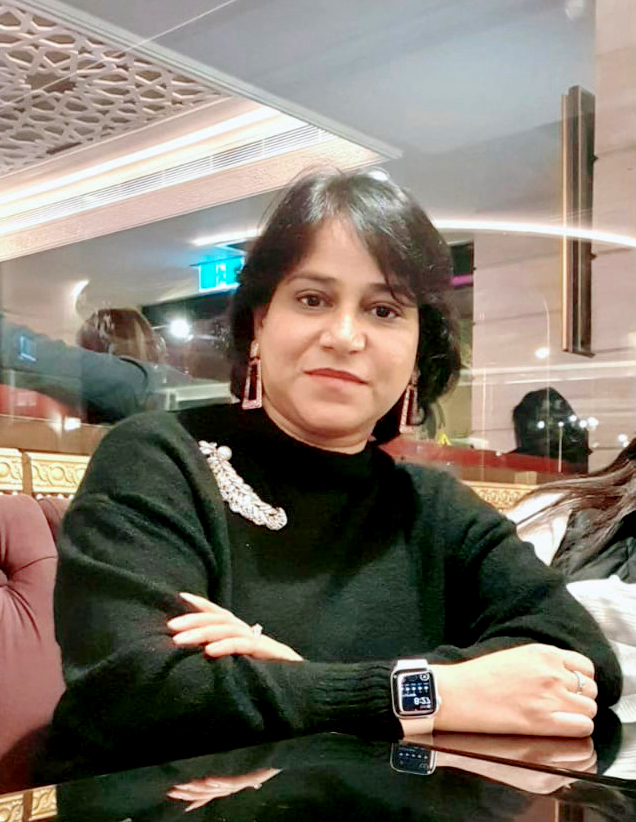By Shamila Asad
The end of colonial rule in the Indian subcontinent culminated in the birth of two nations, India and Pakistan on 14-15 August 1947.
The triumph of a long -awaited political transfer of power was accompanied by the tragedy of ‘Partition’.
At that time, few people would have understood what partition would entail or what its results would be!
As the clock struck midnight on August 15, 1947, celebratory shouts of freedom from colonial rule were drowned out by the cries of millions frantically making their way through the corpse-littered landscape of nascent India and Pakistan.
The Partition which was supposed to grant freedom and independence for all Indians but resulted in creating a deeper animosity that costed countless lives.
India’s partition turned out to be the largest and deadliest forced mass migrations in human history. The massacres began soon after the British announced partition: neighbours slaughtered neighbours; childhood friends became sworn enemies. Riots and bloodshed was everywhere.
Bungalows and mansions were burned and looted, women were raped, children were killed in-front of their siblings. Trains carrying refugees between the two new nations arrived full of corpses as the passengers were killed by mobs en-route, they were called “blood trains”.
As the provinces of the Punjab and Bengal were effectively split in half approximately seven million Hindus and Sikhs and millions of Muslims found themselves in the wrong country.
Believing they would return “home”, many families left their valuables behind before they packed up their essential belongings and began the trek to India or West Pakistan or East Pakistan (now Bangladesh). Many never made it.
Instead of resolving the ethnic conflicts that the partition was meant to accomplish, in reality, the partition of Indian subcontinent effectively resulted in mass ethnic cleansing.
Hindus and Sikhs fled Pakistan. Muslims fled in the opposite direction. It is this legacy of the violent separation that resulted in an unflinching rivalry between India and Pakistan, which still persists.
The consequences of partition of India were immensely grave as millions of people were forced to leave their lands and villages to escape terror and violence, lakhs of people irrespective of their religion lost their lives due to the violence that followed. Emotional trauma or the feeling of loss experienced by families that were separated is unimaginable.
Both states subsequently faced huge problems accommodating and rehabilitating post-partition refugees, whose numbers swelled when the two states went to war over the disputed territory of Jammu and Kashmir in 1947-8.
Bouts of communal tensions still felt today with the current government passing the controversial CAA (Citizenship Amendment Act) on 11 December 2019.
It amended the Citizenship Act, 1955 by providing a path to Indian citizenship for illegal migrants of Hindu, Sikh, Buddhist, Jain, Parsi and Christian religious minorities, who fled persecution from Pakistan, Bangladesh and Afghanistan before December 2014.
While, Muslims from these countries were not given such eligibility.
The unbelievable part according to me is how could our sense of moral righteousness be handicapped by the actions of few. How could it be that the same people who had driven the Britishers out of their country could in turn start killing each other?
How could they do that? How could neighbouring communities, accustomed to centuries of relative peace have suddenly turned so violently upon one another?
May be the communal politics driven by hate reached every nook and cranny in India polluting whole of the country with the advertisement of freedom of a very unique kind.
Or one could blame the hastily drawn borders.
As Mahatma Gandhi said, “an eye for an eye only ends up making the whole world blind.” Probably people were so blinded by hate that they unleashed barbarity on their own.
The partition was just not the drawing of a single line, it was the drawing of many lines in many places…lines that continue to create and reinforce fractures between and within communities.
It leaves you with questions echoing at the back of your mind like why those things happened? Why did temporary insanity take over?
The ghosts of partition and the descent into chaos that followed still haunts us.

Shamaila completed masters in Journalism and Mass communication from AMU. Completed her training from ‘The Hindu’ newspaper. Worked as a writer and copy editor for Aptara publishing house back in New Delhi. Currently pursuing Childhood Education teaching from Meadowbank College.